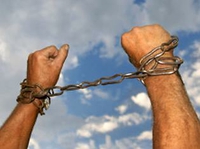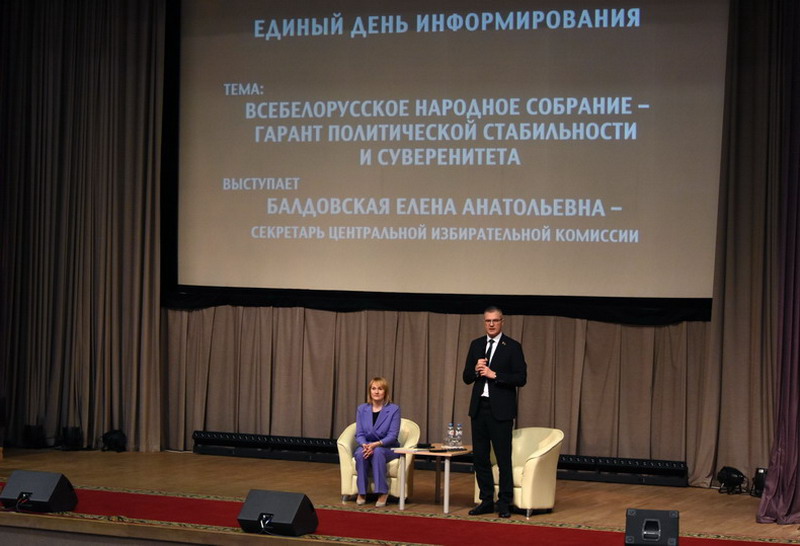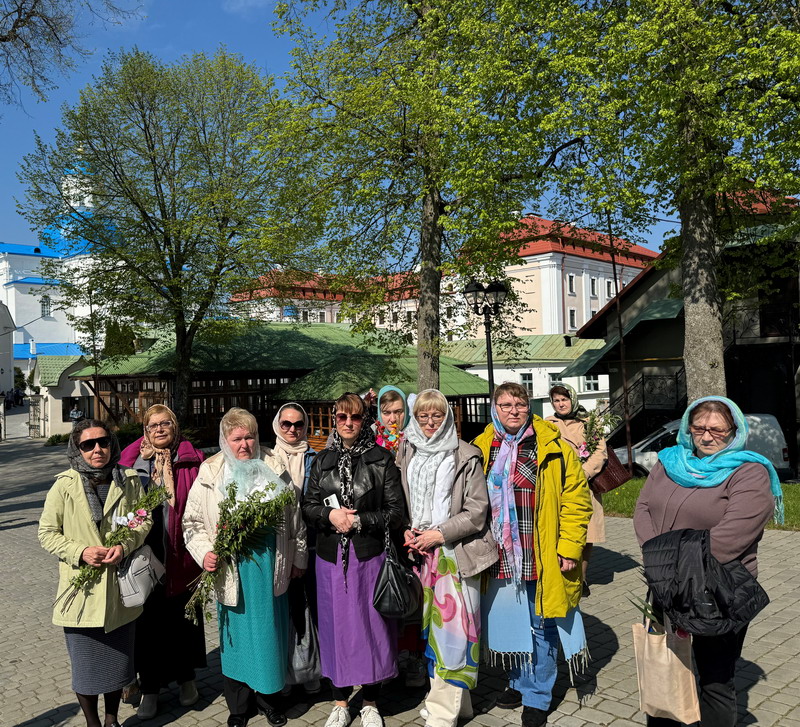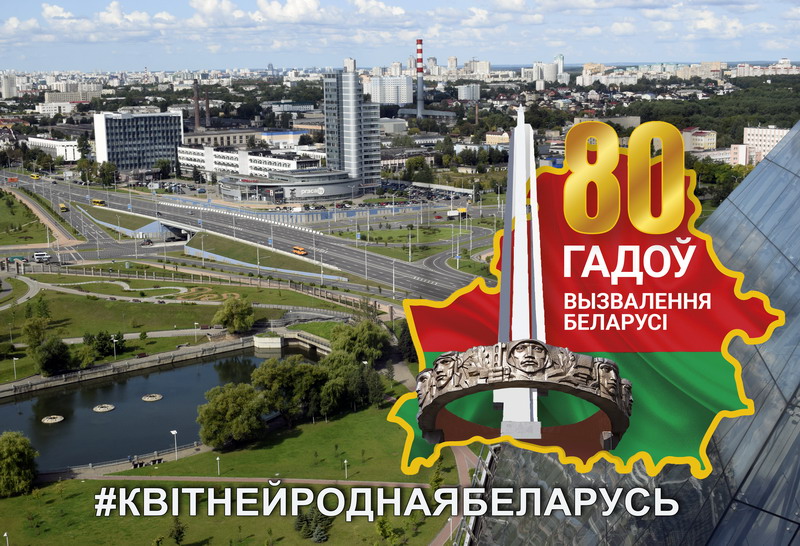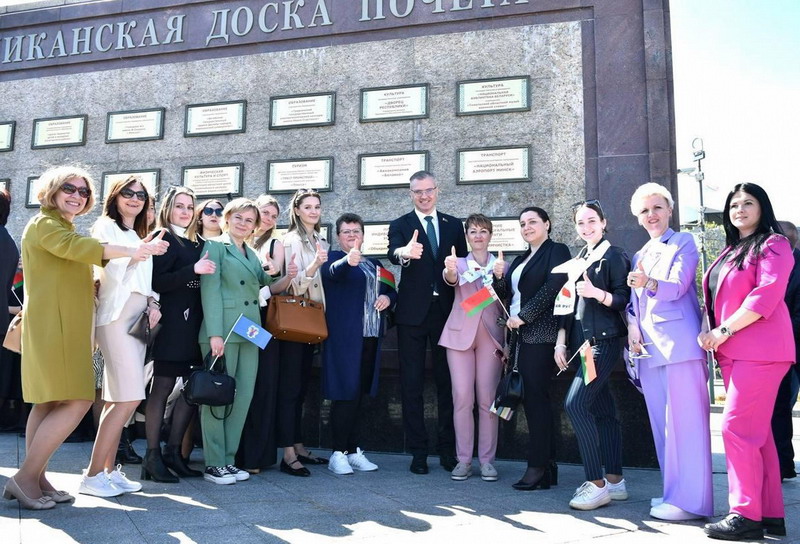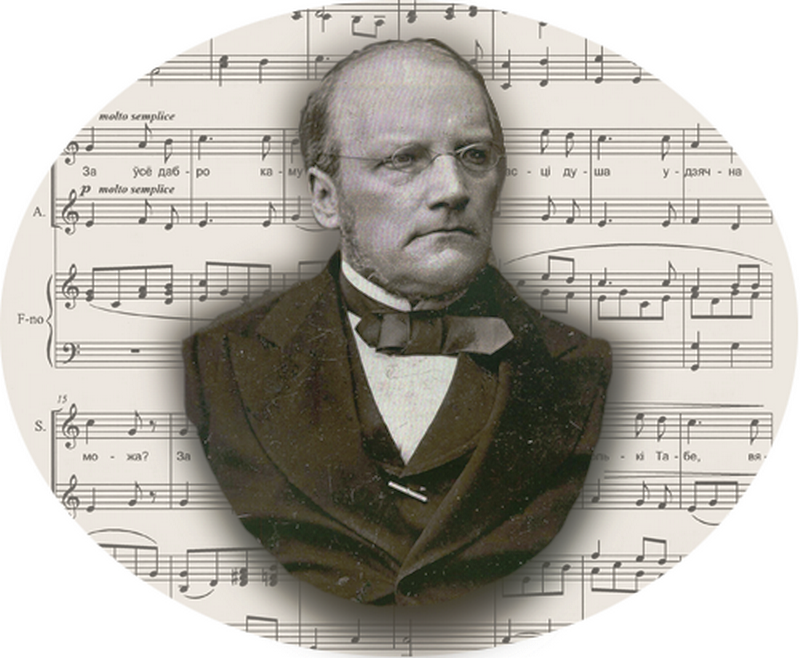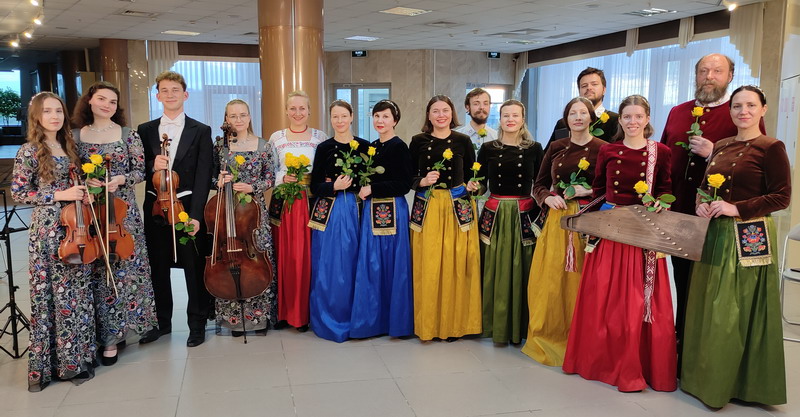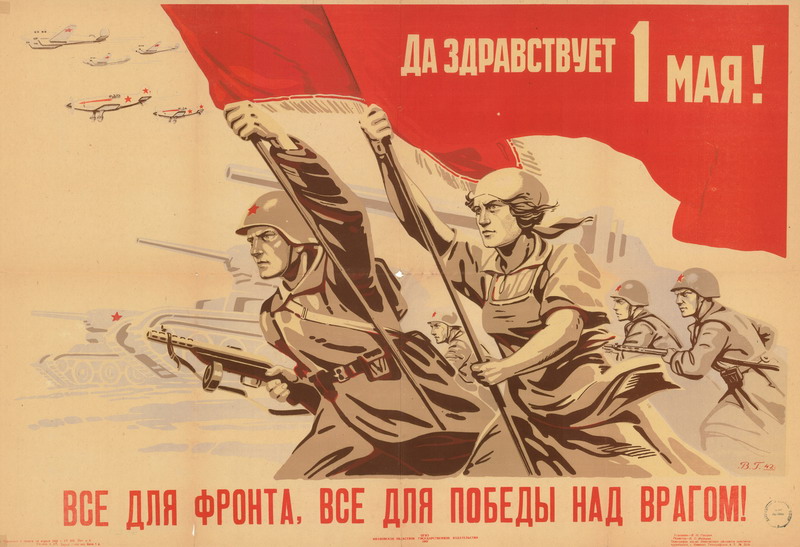From 9 August to 7 September, at the Documents of international Reading Room (room 207) is opened a book exhibition "Slaves in the 21st century: the international and national mechanisms of struggle against modern forms of slavery" devoted to the International Day for the Remembrance of the Slave Trade and its Abolition.
This day has been proclaimed on the 150th session of the UNESCO Executive Council in 1997 and it is annually celebrated on 23 August. The date was chosen in memory of the well-known revolt of slaves which was in Haiti in 1791 and started the process of abolition of slavery system.
The slavery is an unprecedented tragedy and one of the darkest pages of human history. Today we live in a civilized society where slavery is officially abolished and it is forbidden. However actually it is not eradicated. Today slavery has just new forms. According to the United Nations, every year millions of people mostly women and children get in slavery, become victims of a deceit and violence, and they are exploited. They are kidnapped, sold, forced to work and live in horrible conditions. «The new slave trade» became one of the sharpest and large-scale problems of the present.
Nowadays slavery has many forms. Its new forms represent disgusting realities of the present days and reflect a social and economic, religious context in which they exist. Modern forms of slavery are first of all the trade of people, labor slavery when a man is used on plantations or in heavy industrial works, house slavery, debt bondage, the use of people as donors for transplantations of internal organs and tissue, a forced marriage, forced pregnancy and carrying of a pregnancy, fake adoption, sexual slavery. As a rule, victims of a deceit and violence are expatriates of the most vulnerable social groups, refugees, migrants.
Though slavery has been the first violation of human rights with which the international society has begun to struggle, but it is early to say that it is in the past. And huge efforts must be taken for its abolition. The abolition of different aspects of slavery is inevitably connected with the revelation of the deepest reasons that are the basis of its existence. It is impossible to achieve success without the struggle against poverty, illiteracy, ignorance and all forms of discrimination. International organizations and governments of countries have made and will make huge efforts to draft, adoption and realization of different international documents aimed at abolishment of slavery. The Slavery Convention accepted by the League of Nations in 1926, the first international agreement on human rights and the Supplementary Convention accepted in 1956 are the key documents in which are described different forms of slavery and recommended measures about its abolishment. In view of advanced international experience governments of many countries made national legislations aimed at the abolition of new forms of slavery.
The Republic of Belarus was the first post-Soviet country to start a large-scale campaign of struggle against slave trade. National measures on suppression of trafficking promoted that the struggle against trade in people became one of priority directions of Belarus on international arena. Belarus organized a number of international events aimed at the formation of effective global partnership against slavery and human trafficking in the 21st century.
Materials of the exhibition show various aspects of the problem of the new slave trade and acquaint with researches of slavery phenomenon and human trafficking.
The exhibition is divided into several sections:
- Origin, forms and essence of slavery and human trafficking in the whole world;
- Modern forms of slavery;
- The international cooperation and international legal aspects of struggle regulation against slavery and human trafficking;
- Belarus is against human trafficking.
There are about 100 documents in Russian, English, French and German languages in this exposition. The most part of the exposition are documents of international organizations: books, brochures, mimeographed documents of the United Nations, periodicals.
The exhibition is assigned for employees of investigatory and operative divisions of law enforcement bodies, psychologists, social workers, judges, lawyers, for teachers and students of higher educational institutions of legal structure, and as for all people who are interested in the problems of struggle against international slavery and human trafficking.
References:
- Modern forms of slavery
- Human Trafficking
- United Nations Secretary-General’s Campaign to end violence against women
- International day of remembrance of victims of slavery and the Transatlantic slave trade
- International day for the remembrance of victims of slavery and its abolition (23 August)
- International Day for the Abolition of Slavery – 2 December
- High Commissioner for Human Rights (OHCHR)
- Special Rapporteur on contemporary forms of slavery
- Working group on contemporary forms of slavery
- Trust fund on contemporary forms of slavery
- Special Rapporteur on trafficking in person, especially in women and children
- Special Rapporteur on the sale of children, child prostitution and child pornography
Documents:
- Decision 8.02 adopted by the UNESCO Executive Board at its 150th session
- Conventions and agreements on slavery

